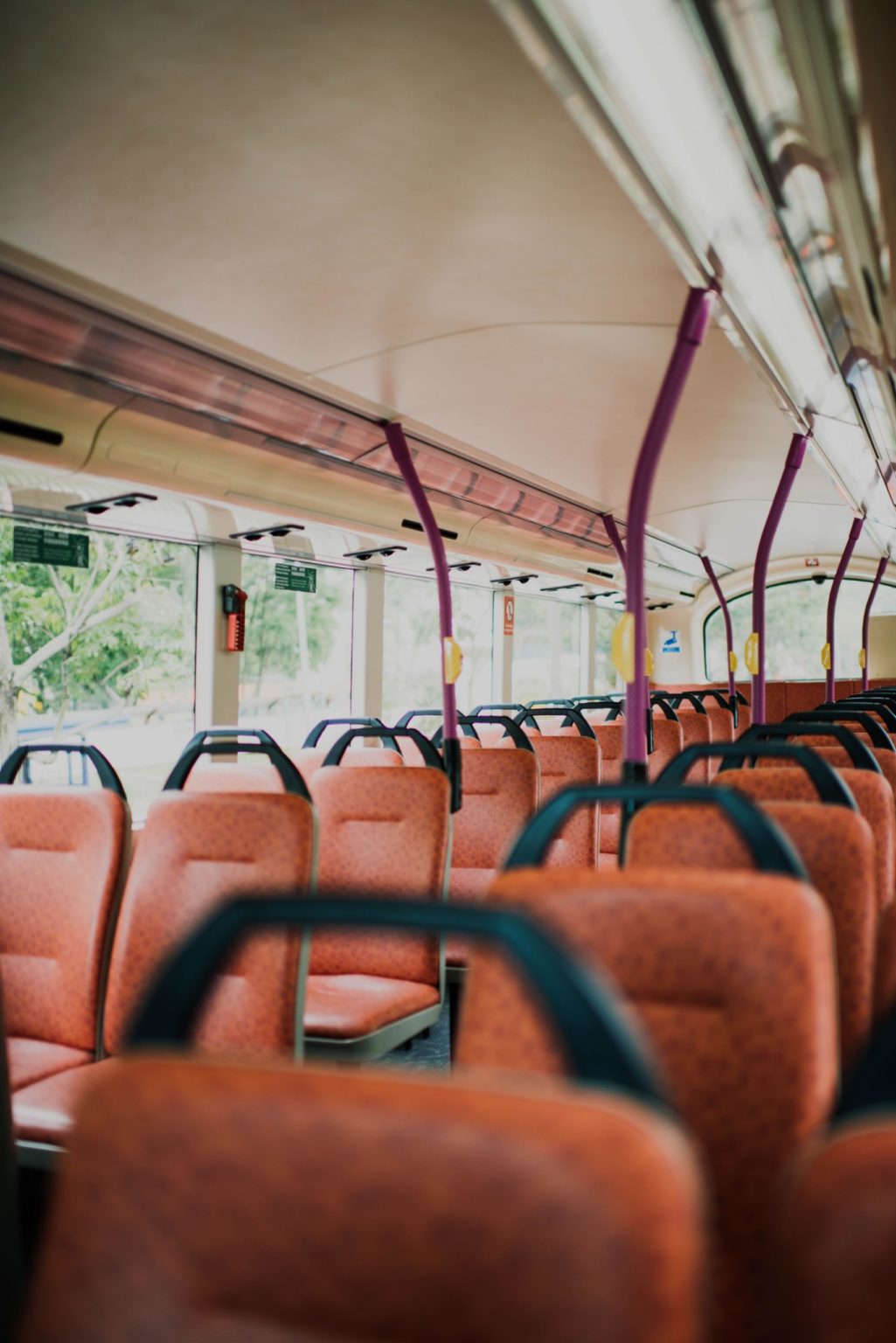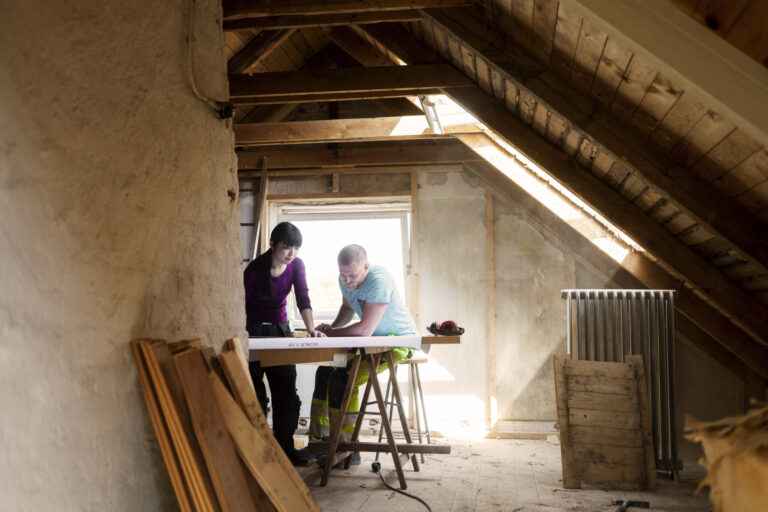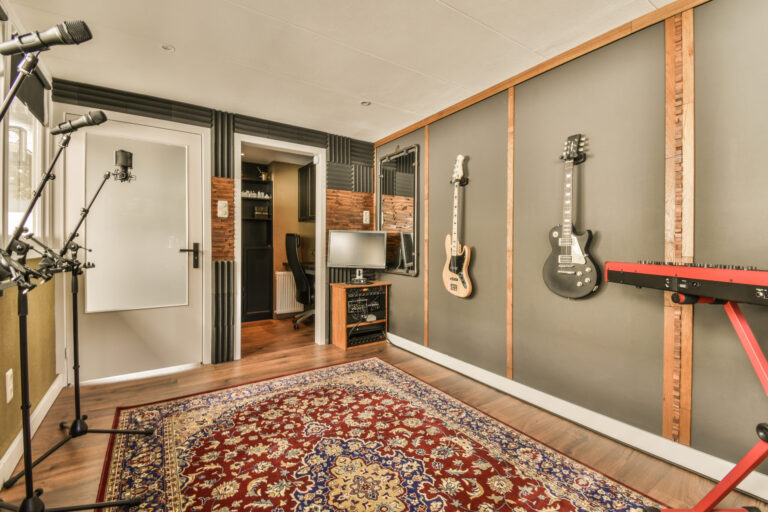When you go to buy a car, it is a fairly well-known process. You go to the dealership, have your credit checked, and then sign on the dotted line. However, there are so many different kinds of vehicles beyond just cars. Some people may choose to invest in larger, more commercial vehicles, like a bus.
Buying your own bus can be a fun venture if you’re looking to start a traveling company or if you want to renovate it into a mobile home. Because these vehicles are a bit larger and more complicated than your average car, there are a few extra things you should know before you complete your purchase. There is going to be more upkeep and extra costs associated that you may not be aware of. Here are ten quick and easy things you should know before you buy your bus.
1. Know where to get a good price.
You may not even know where to start looking for a bus to buy. They aren’t necessarily available at a local car dealership. First-time buyers may want to look up a bus auction online to see the catalog of options you can put a bid on. Many of these are salvaged buses that the auction company will sell for a great price to the highest bidder. Put in your bid to buy now or finance your bus over a few years.
2. Decide on a type of bus.
There are several different types of buses. Many will automatically think of a school bus, but there are also charter, tour, and city transit buses. Each will come with different perks like bathrooms onboard, nicer seating, and maybe even sleeping space. Know what you’re looking for before you start searching the catalog.
3. Budget for the extras.
Buying the bus itself isn’t the only thing you’re going to be spending money on. Budget for the extras as well. Tires are going to be more expensive and repairs will end up costing more because you’ll need expert advice. If you’re traveling on your bus, you’ll need services like “bottled water Vancouver” since it may be harder to get a glass of water. Just be prepared for extra costs as a bus owner.
4. Invest in insurance and a warranty.
Insurance for charter or school buses is going to be a little different than your standard car insurance. You need to be sure everyone and anyone traveling with you is covered by your policy and buyer’s premium. You’ll also want to get a warranty if you’re buying a new bus to make sure you are protected.
5. Have experience driving bigger vehicles.
Getting behind the wheel of a bus isn’t something you should do without any practice. A bus driver’s license is different and requires extra steps. That is a huge vehicle to be operating and you need to be sure you’re ready before you jump in.
6. Keep everyone safe.
Safety should be of the utmost importance on your bus. Whether you’re driving kids on a school bus or your family on a road trip, be sure you have practiced driving and have all the certifications and safety tools in place. Check your structures and spaces to guarantee safety.
7. Understand the legalities and certifications.
Registering your bus will be a little different than your car. You may need to contact a specialist. Make sure you have the title and special license you need to stay safe behind the wheel.
8. There are different bus sizes.
Not all buses are created equal. You are going to have different sizes to choose from as you pick out a bus. Whether you get a large model or a smaller vehicle, it can help you decide what you want to use your bus for.
9. Buses have a shelf life.
Just like cars, buses aren’t built to last forever. So don’t invest in an old bus if you have years worth of stuff you want to do with it. Preview the work at the time of sale so you know you still have years of joy to get out of your bus.
10. These vehicles can be very versatile.
There are many ways you can use your bus. Help people travel throughout the city, go on a trip across the country, or refurbish it to live out of. Consider these options as you look into bus buying.








